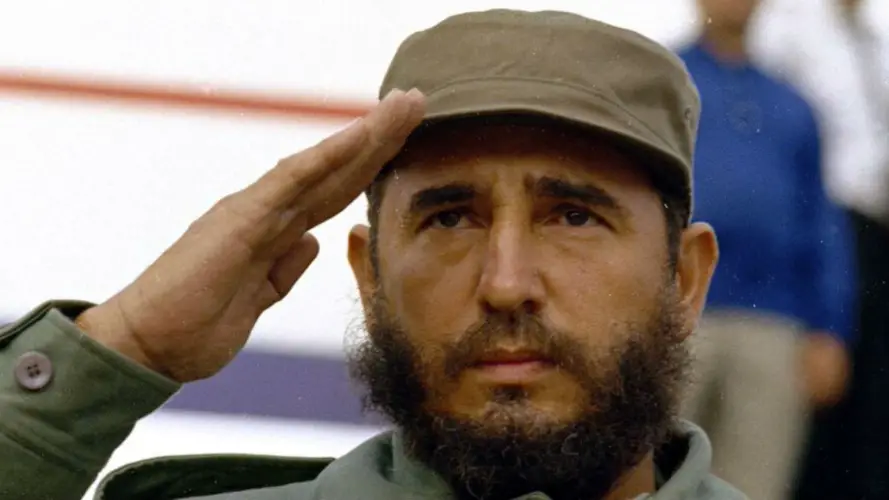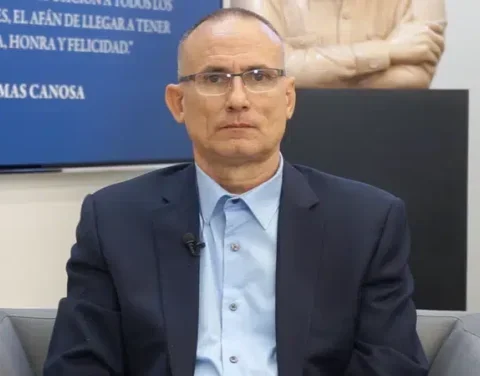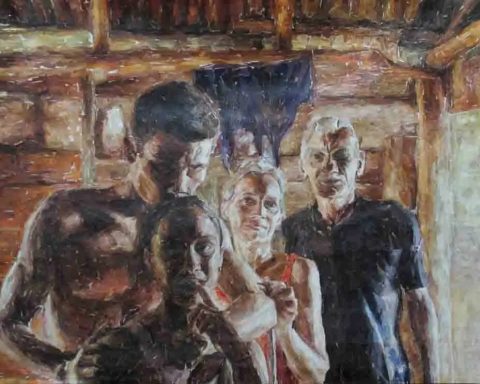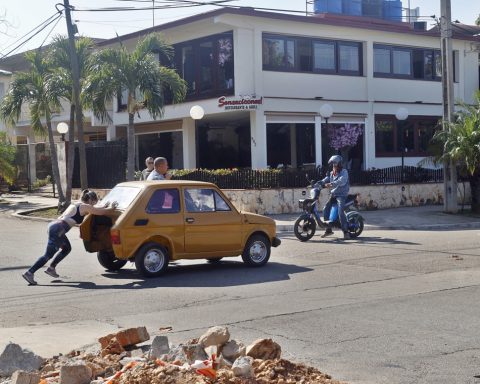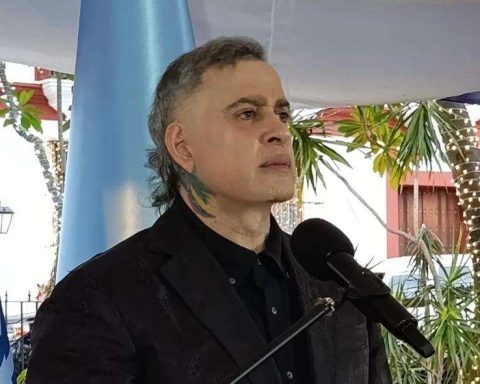LAS TUNAS, Cuba. —Who would have thought, Fidel Castro being interviewed in a friendly way by an officer of the very same CIA? But it should not be surprising that in future times he will be one of the hierarchs of the “continuity” of Castro-communism, the next on the list.
Yes, due to his personality traits, his egomania, histrionic capacity, verbosity and political opportunism, the Eisenhower administration was able to obtain the collaboration of Fidel Castro in its fight against communism, in the same way that, with attention to that personal characterization, made Through an appreciation made by the KGV —not only to him, but also to the Cuban population— Nikita Khrushchev attracted Castroism to public and secret collaboration with the Soviet Union.
We must never forget that Fidel Castro went to the United States in April 1959 seeking financial aid, although without expressly asking for it, for a reason of his own nature, for which reason he forbade the then president of the National Bank, Felipe Pazos, from the Minister of Finance , López-Fresquet, and the Minister of Economy, Regino Boti, who accompanied him, talks on cooperation and financial assistance that they already had planned with their American counterparts. That trip did not bear the expected results, turning, according to historians, into a “duel of reluctance”, because of what you do not ask me for, because I do not give you.
On one of these three bases, ideological, dependency due to material interests or other advantages, or commitment, because an individual is subject to a crime or another cause, the possible recruitment of a person is studied to direct him to a specific objective. , immediate or in progress.
Thus, it is not surprising that, through what in operational jargon is known as “study and verification”, the CIA explored the possible recruitment of Fidel Castro, reaching such an advanced stage of his characterization as the personal interview, where, among other requirements, the candidate’s willingness to collaborate is evaluated —at that time it is not proposed.
Jokingly, a former official of the agency told me how as early as 1958 the head of a political and psychological division of the CIA recommended as “a practical way to protect the interests of the United States” that they no longer provide resources to Batista (which was done), and instead, secretly (what was not done, that logistics was addressed to Fidel Castro, to the revolutionaries, then democratic and engaged in a multi-class struggle, where there were communists, but without prominence, since Castro himself , who had never been a member of that party founded in Cuba in 1925, denied being a communist.
And let the readers remember that in December 1958 Fidel Castro had already told the journalist Andrew St. George that he would gladly receive a representative of the United States government in the Sierra Maestra to discuss “important political” issues.
It is no coincidence then that, during his visit to the United States in April 1959, the CIA scheduled an interview with Fidel Castro at the Statler Hilton Hotel in New York, where he was staying, appointing Gerry Droller, an expert officer in strategic services, at that time, newly assigned to the Latin America division. Everything indicates that Droller, of German origin, applied to the then Cuban prime minister the technique that in operational jargon is called “extraction,” as he spoke to him about the risks of international communism and how the Popular Socialist Party (PSP) was an agent of Moscow that constituted a danger to his government.
Fidel Castro told officer Droller that the Cuban communists were a minority, that he could handle them, that the United States overestimated the communists, that the best way to counteract communist influence in Latin America was not to neglect attention to social problems and and accepted, according to Droller, the CIA’s proposal to pass on information about movements of international communism.
Needless to say, the interviewing officer informed his superiors about the good reception that Fidel Castro had shown, how he had listened carefully to him and had agreed to establish a secret communication link with the CIA, appointing the Minister of Finance for that task, to Rufo Lopez-Fresquet. However, when the link was activated shortly after sending a message to Castro, he did not reply, and neither party attempted to re-establish communication.
With more prevention than the CIA, after his visit to the United States, the State Department reached this conclusion: “Although we know him better than before, Castro continues to be an enigma and we will have to wait for his decisions on specific issues before to take a more optimistic perspective.
The “decisions on specific issues” came early, with the oil tankers sent by Nikita Khrushchev to the Island, oil that the Shell and Exxon refineries refused to process. Fidel Castro began to decree the confiscations of all companies owned by US citizens in Cuba. Thus, and this is contemporary history, Castroism would go from being a possible collaborator of the CIA against international communism to an ally of the Soviet Union, the worst enemy of the United States, which came to situate nuclear weapons 90 miles from its shores.
OPINION ARTICLE
The opinions expressed in this article are the sole responsibility of the person who issues them and do not necessarily represent the opinion of CubaNet.
